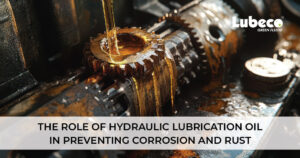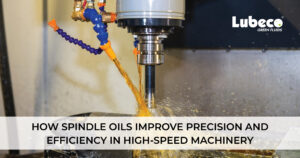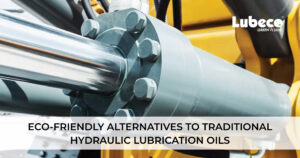Introduction
Magnetic Particle Inspection (MPI), a non-destructive testing (NDT) method, is frequently used to find surface and near-surface flaws in ferromagnetic materials. The selection of the proper magnetic particles and carrier fluids, also referred to as MPI oils, is essential for obtaining precise and trustworthy findings in MPI. These oils are essential for improving contrast and sensitivity throughout the examination process. In order to pick and use MPI oils in a way that produces the greatest results, there are a number of factors to take into account.
Importance of MPI Oils
MPI oils serve as the medium through which magnetic particles are applied to the test surface. Their primary function is to enhance the visibility of defects by creating a contrast between the magnetic particles and the surface being inspected. The use of appropriate MPI oils can significantly influence the sensitivity and reliability of the inspection process.
Factors to Consider When Choosing MPI Oils
- Particle Suspension: The MPI oil should be capable of uniformly and effectively suspending magnetic particles. This increases the likelihood of spotting defects by ensuring that the particles are dispersed uniformly over the surface.
- Particles Mobility:The movement of magnetic particles on the surface is influenced by the MPI oil’s fluidity. Particles can flow freely in an oil with the right viscosity, where they can collect at the site of a fault and create distinct signals.
- Enhancing Contrast: The choice of MPI oil can affect the contrast between the surface of the material and the particles. Oils with the right color and opacity can aid in increasing visibility and enhancing the clarity of indications.
- Residual Magnetism: After the inspection procedure, some MPI oils may still contain residual magnetism. To avoid any interference with later processes or applications, it is essential to choose oils that are simple to demagnetize.
Best Practices for Using MPI Oils
- Compatibility Testing: To make sure that the MPI oil does not negatively interact with the surface of the material, compatibility testing with the particular material and circumstances are advised before undertaking a full-scale examination.
- Cleanliness: The test surface and the MPI oil both need to be free of impurities and clean. Any extraneous material can restrict particle movement and produce unreliable results.
- Mixing: To evenly distribute magnetic particles, make sure the MPI oil is well mixed. Particle clumping and uneven distribution can happen as a result of inadequate mixing.
- Application Methods: Depending on the size, shape, and accessibility of the test piece, several application methods, such as spraying, dipping, or brushing, may be used. The method of choice ought to offer reliable protection.
- Dwell Time:Ensuring that magnetic particles have enough time to concentrate at fault locations and produce visual indications throughout the application process ensures that magnetic particles will have the time to do so.
- Inspection Conditions: Maintain the proper lighting and viewing conditions during the inspection process. Maximizing contrast and clarity of indicators is made easier by proper lighting.
- Demagnetization: After inspection, make sure the material has been thoroughly demagnetized to get rid of any leftover magnetism that can interfere with subsequent operations.
Conclusion
For Magnetic Particle Inspection to produce precise and dependable findings, the choice and use of MPI lubricants are essential. NDT professionals can improve sensitivity and contrast, which will improve defect detection and raise the level of quality assurance in ferromagnetic material testing. These factors include particle suspension, contrast enhancement, compatibility, and proper application techniques and demagnetization. The creation of MPI oils with improved characteristics will probably be crucial in extending the capabilities of this inspection technique as technology develops.








